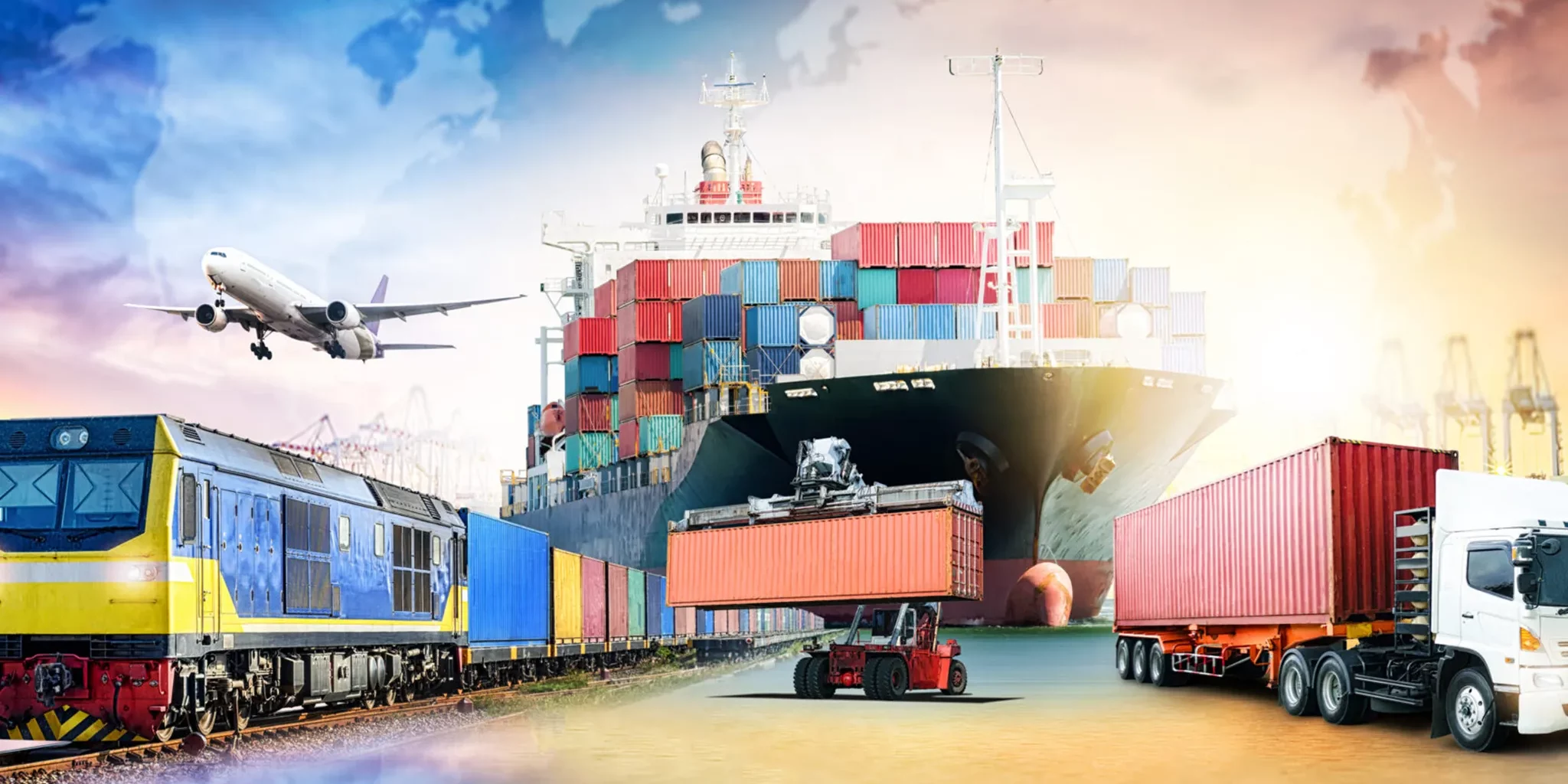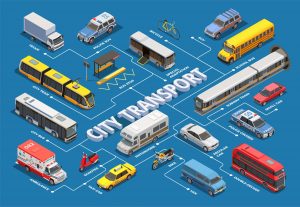
In the era of rapid technological advancements, the transportation sector has not been left behind. From the invention of the wheel to the development of hyperloop technology, the evolution of transportation has been nothing short of remarkable. However, despite the numerous advantages that modern transport systems offer, they are not without their drawbacks. This article will delve into two significant disadvantages of modern transport: environmental impact and the socio-economic implications.
The first disadvantage of modern transport lies in its environmental impact. The transportation sector is a major contributor to global greenhouse gas emissions, primarily due to the reliance on fossil fuels. According to the Environmental Protection Agency, transportation accounted for the largest portion (29%) of total U.S. greenhouse gas emissions in 2019. This is a global concern, as these emissions contribute to climate change, leading to rising sea levels, extreme weather events, and other environmental crises.
Moreover, modern transport infrastructure often disrupts natural habitats, leading to biodiversity loss. For instance, the construction of highways and railways often fragments wildlife habitats, making it difficult for certain species to access resources necessary for survival. Additionally, noise and air pollution from transport can also adversely affect wildlife and plant life.
The second disadvantage of modern transport is its socio-economic implications. While modern transportation systems have undoubtedly improved connectivity and facilitated economic growth, they have also led to several socio-economic challenges. One such challenge is the issue of transport equity. Not everyone has equal access to modern transport, leading to social exclusion and inequality. For instance, those living in rural areas often have limited access to efficient public transport, making it difficult for them to access job opportunities, healthcare, and other essential services.
Furthermore, the cost of maintaining and upgrading modern transport infrastructure can be exorbitant. These costs are often passed on to taxpayers or users through fares, tolls, and taxes. This can place a significant financial burden on individuals, particularly those from low-income households.
In conclusion, while modern transport systems have revolutionized the way we travel and connect, they also come with significant environmental and socio-economic drawbacks. It is crucial for policymakers, planners, and transport operators to acknowledge these challenges and work towards sustainable and equitable transport solutions. This could involve investing in renewable energy for transport, improving transport accessibility in underserved areas, and implementing policies that promote transport equity.


